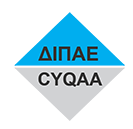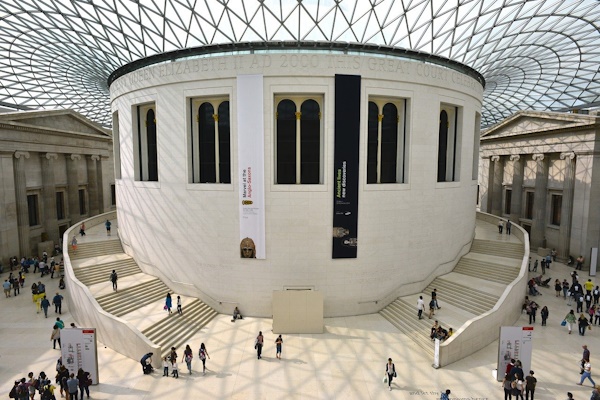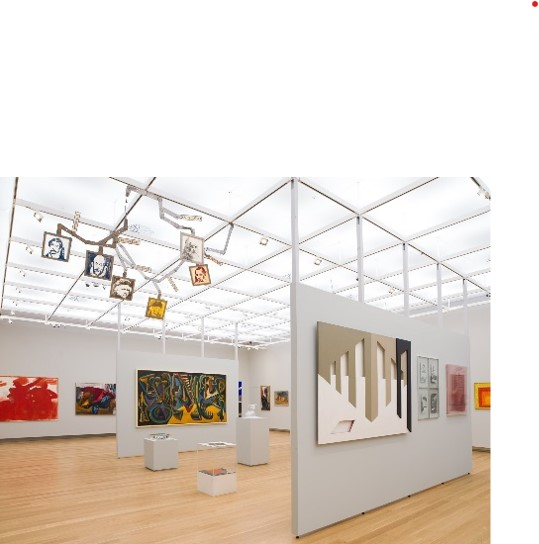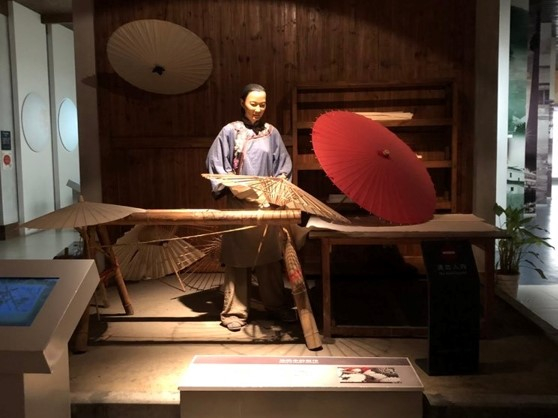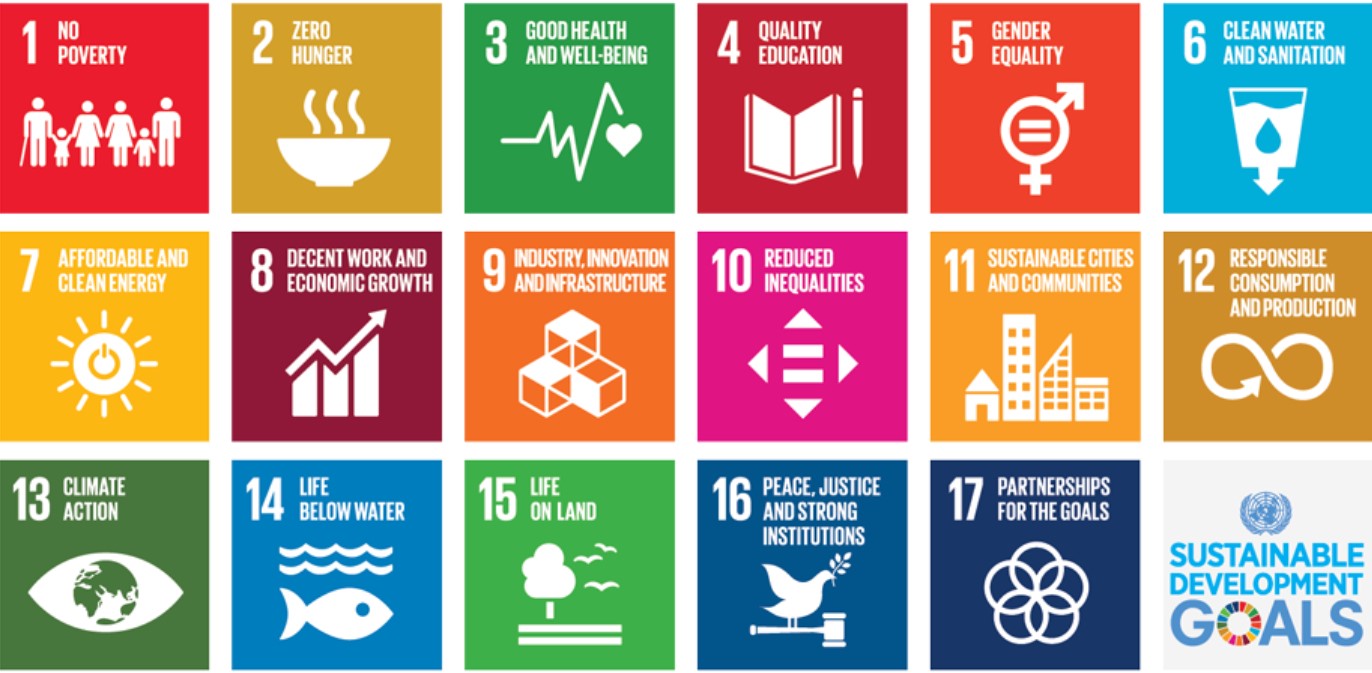
Magister Artium (MA)
120 ects
Greek
Internationally Recognised
Online application submission

The postgraduate (Master in Arts, MA) programme “Cultural Policy and Development” provides an in-depth understanding of the importance and role of cultural heritage and modern cultural production, and highlights both as tools for developing and promoting the public image of a state. Understanding both the own cultural memory and identity, as well as that of other states and peoples has proven to be an essential prerequisite for economic and social development. At the same time, it helps to ensure constructive communication and cooperation with other countries and societies. The MA programme “Cultural Policy and Development stresses the deep interaction of culture with politics, both locally and outside the EU, as well as on a global level.
The purpose of the “Cultural Policy and Development" MA programme is the scientific engagement, specialisation and research in the subject of cultural organisation and management. The programme aims to train high-level scientists in the field of culture, tourism and creative industries that will substantially contribute to the creation of social prosperity from any position they work in local or international organisations, institutions, networks and collaborations. Students, depending on their interests and the field in which they wish to become active, have the opportunity to choose Modules that will make them competitive both locally and internationally.
European Credit Units - ECTS: 120
Teaching Language: Greek
Level of Studies: Postgraduate
Title to be Awarded: Magister Artium (MA)
Because…
- The MA programme offers a high level of knowledge and skills to those interested in working as executives in the field of culture, tourism and the creative industries in Cyprus and Greece.
- You will be trained in the management, promotion and development of cultural capital, cultural production, and the development of cultural entrepreneurship.
- It Strengthens the strategic vision and optimises leadership skills needed to meet the cultural challenges of the 21st century on a national, regional and European level.
- It is structured in semesters, so students gain additional specialisation and the opportunity to become familiar with more areas of cultural management.
The programme is evaluated and accredited by:
The Open University of Cyprus (OUC), through its participation in the European project "Liaison Offices with the Labour Market", offers to students of all its programmes of study, the optional and free of charge Thematic Unit (i.e. Module) entitled "Industry Placement". This module provides students opportunities for a placement to gain professional experience in their particular field of study, and the hosting institution can be any public or private organisation operating in the Republic of Cyprus.
Each student has the right to participate in this offering once or twice during his / her studies, provided that s/he meets the required conditions.
Request more information by contacting the OUC Liaison Office here.
The minimum requirement for admission to a postgraduate programme is an undergraduate degree from an accredited Higher Education Institution.
Very good knowledge of English for the study of international literature.
Computer skills (Microsoft Office programs - Word, PowerPoint, Excel, Access etc.)- and internet applications.
The total cost of the fees for this postgraduate programme is €4,400 (from academic year 2025-2026).
The fees for each Module are €550, while the fees for the Master Thesis are €1,100.
The duration of the postgraduate programme is two years and it is divided into four semesters. The student completes the Master's degree programme after attending the three (3) compulsory Modules, three (3) electives and after having completed the master thesis as follows:
In the first semester, the student chooses up to two (2) Modules (ΠΠΑ511, ΠΠΑ512). Both compulsory.
In the second semester, the student chooses up to two (2) Modules, one compulsory (ΠΠΑ521) and one out of the three electives (ΠΠΑ522, ΠΠΑ523, ΠΠΑ621).
In the third semester, the student chooses either two modules out of the three electives or a module among the three (ΠΠΑ614, ΠΠΑ615, ΠΠΑ616) and part I of the master thesis (ΠΠΑ701A). In the fourth semester, the student, if he/she has not yet completed the elective modules, chooses an elective out of the three offered in the 2nd semester (ΠΠΑ522, ΠΠΑ523, ΠΠΑ621) and the second part of the master thesis (ΠΠΑ701B). If he/she has completed the elective modules, he /she will begin the master thesis which is compulsory.
| Modules | Semester | Compulsory / Elective | Pre-requisite Modules | Workload | ||
| Hours | ECTS | |||||
| ΠΠΑ 511 | Culture and Cultural Studies | 1 | Compalsory | 375-450 | 15 | |
| ΠΠΑ 512 | Cultural Policy and Cultural Management | 1 | Compalsory | 375-450 | 15 | |
| ΠΠΑ 521 | Cultural Economics and Management | 2 | Compalsory | 375-450 | 15 | |
| ΠΠΑ 522 | Cultural Communication | 2 | Elective | 375-450 | 15 | |
| ΠΠΑ 523 | Cultural Law and Law of Intellectual Property | 2 | Elective | 375-450 | 15 | |
| ΠΠΑ614 | Museum Studies-Museology | 3 | Elective | 375-450 | 15 | |
| ΠΠΑ615 | Cultural Tourism, Urban Regeneration and City Branding | 3 | Elective | 375-450 | 15 | |
| ΠΠΑ616 | Cultural and Creative Industries | 3 | Elective | 375-450 | 15 | |
| ΠΠΑ621 | Art and Society | 4 | Elective | 375-450 | 15 | |
| ΠΠΑ701Α | Master Thesis I | 3, 4 | Required | ΠΠΑ511, ΠΠΑ512, ΠΠΑ521 | 375-450 | 15 |
| ΠΠΑ701Β | Master Thesis II | 3, 4 | Required | ΠΠΑ511, ΠΠΑ512, ΠΠΑ521 | 375-450 | 15 |
| Total | 3000-3600 | 120 | ||||
| Industry Placement | ||||||
| ΠΠΑ6951 | Industry Placement (1st) | 2, 3 | Optional | ΠΠΑ511 | 5 | |
| ΠΠΑ6961 | Industry Placement (2nd) | 3, 4 | Optional | ΠΠΑ695 | 5 | |
1The two Modules are optional, they each correspond to 5 ECTS and do not count towards obtaining the Degree.
Each student can optionally enrol, once or twice, in the free of charge Thematic Module "Industry Placement", which awards five (5) ECTS. The module offers a structured placement, designed to offer students specific industry and professional experience in their particular field of study, and to allow them to build their skills in a real-world setting.
ΠΠΑ695 - Industry Placement (1st placement)
ΠΠΑ696 - Industry Placement (2nd placement)
Request more information by contacting the OUC Career and Liaison Office here
Academic Personnel
Vayia (Vicky) Karaiskou, Associate Professor, Programme Director, ΠΠΑ511, ΠΠΑ621, Modules coordinator,
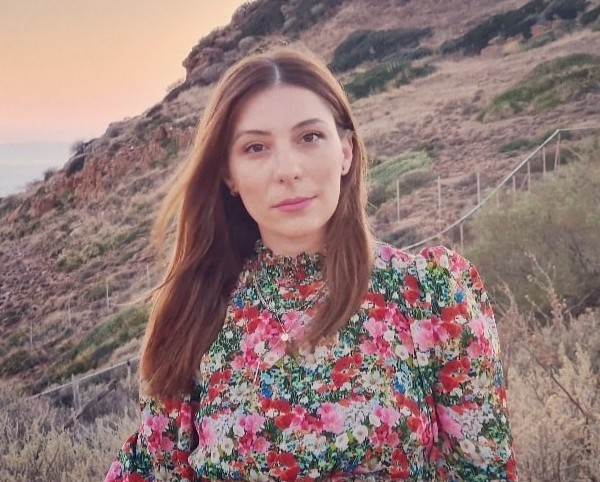 |
Ελισάβετ Κιούρτη (Elisavet Kiourti) | +35722411923 |
Ώρες γραφείου/Academic Consultation Hours: Δευτέρα/Monday – Πέμπτη/Thursday 08:00 - 12:00 |
CV |
{component url="index.php/en/?option=com_comprofiler&view=userslist&listid=31&searchmode=0" }
For additional information, please contact Ms. Yianna Yiasouma (
UNESCO Chair
on Visual Anticipation
and Futures Literacy
towards Visual Literacy

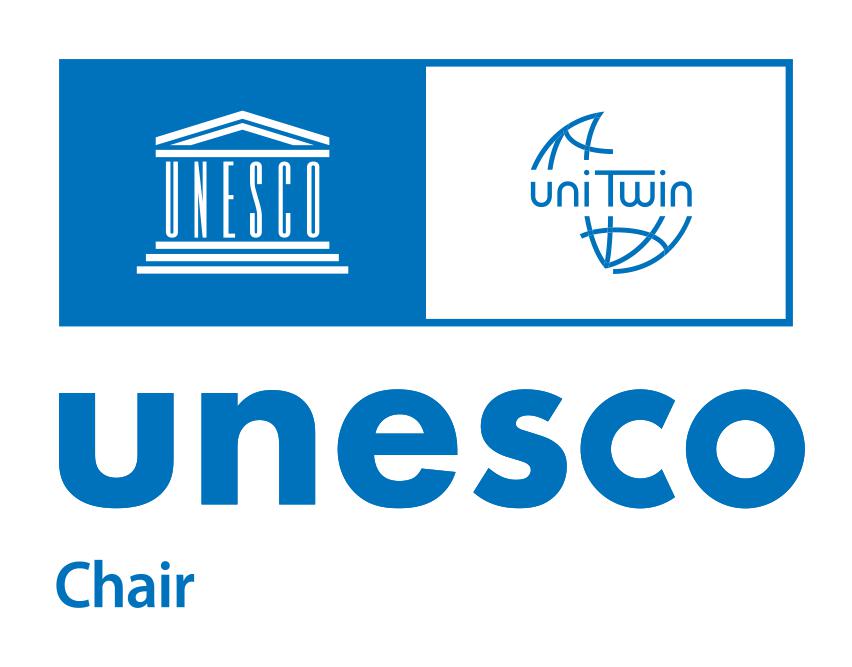
The UNESCO Chair on “Visual Anticipation and Futures Literacy towards Visual Literacy” adds an innovative approach to cultural policy and development. The Chair aims to enhance critical thinking, self-understanding, dialogue and empathy inside and outside our cultural communities, focusing on mastering the tools to comprehend the ‘subtexts’ behind cultural visuals. This understanding adds new potential to cultural policy and development, and creates the conditions for shared values and norms for inclusion and empowerment that ensure solidarity, global peace and prosperity.





